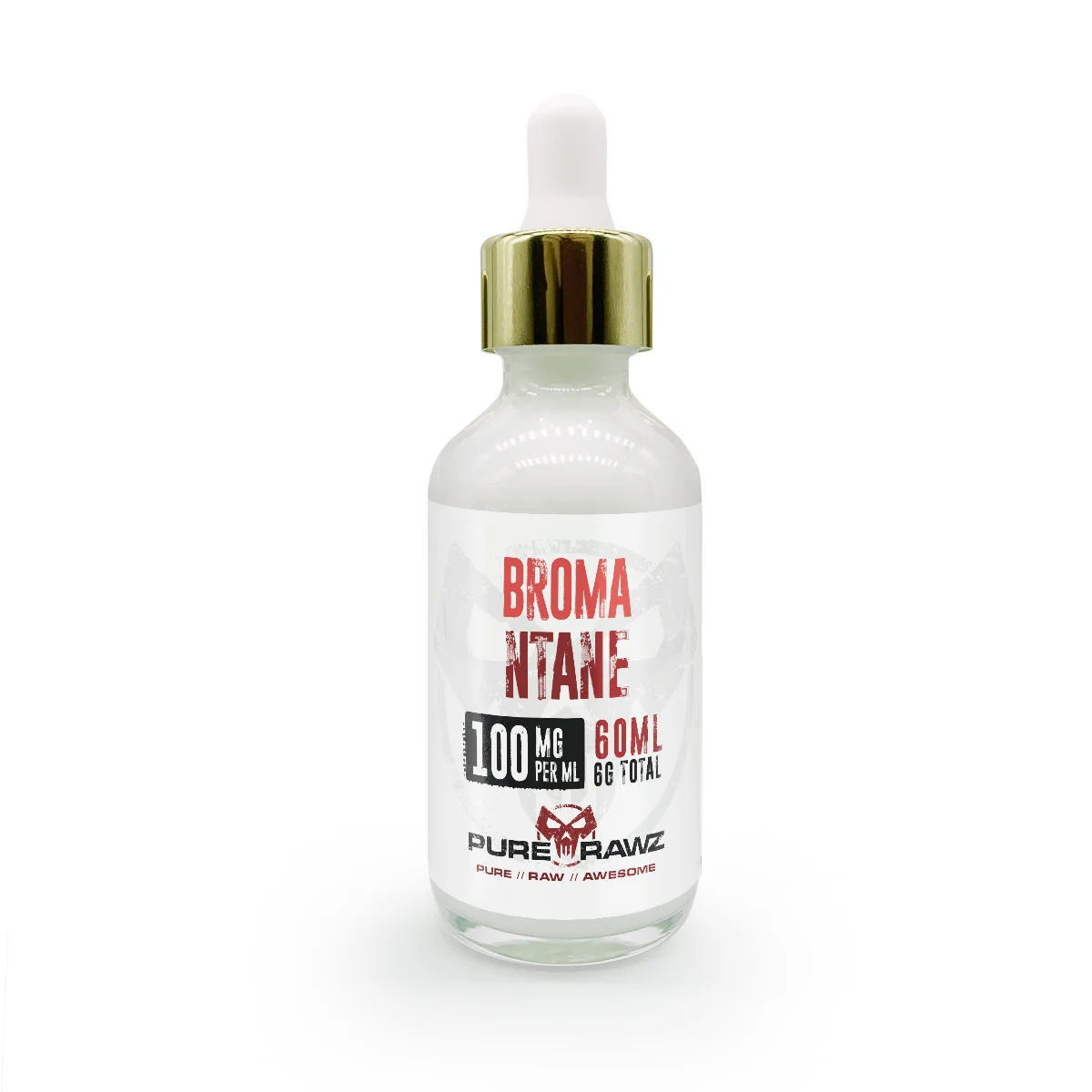The supplement industry is a bit like the Wild West—lots of claims,
minimal oversight, and plenty of snake oil salesmen. But there are ways
to protect yourself if you know what to look for.
In the UK, some herbal products carry a Traditional Herbal Registration
(THR) mark from the MHRA. This indicates quality, safety for traditional
use, and proper labelling. Many food-supplement herbs won't have THR,
but they should at least be manufactured to good standards with clear
ingredient panels and Certificates of Analysis available.
Third-party testing schemes are your friend here. USP Verification and
NSF's Certified for Sport® verify identity, potency, and check for
contaminants. Informed Sport batch-tests products for athletic bans and
is widely recognised in elite sport. If you see these logos, you're
probably dealing with a serious company.
Safety Guidelines You Can't Skip
Natural doesn't mean risk-free—I can't stress this enough. Ginkgo can
interact with anticoagulants and antiplatelets, potentially raising
bleeding risk. Avoid it around surgery and definitely seek medical
advice if you take blood thinners.
Ashwagandha may affect thyroid markers and is best used with clinical
guidance if you have thyroid disease. I've seen this cause issues in
clients who didn't disclose their thyroid medication to me.
People who are pregnant or breastfeeding, adolescents, and those with
chronic conditions should get personalised advice before starting any
supplement. This isn't being overly cautious—it's being smart.
Start one change at a time, use modest doses, and stop if you notice
side-effects. Your body will tell you what's working and what isn't if
you listen to it.
